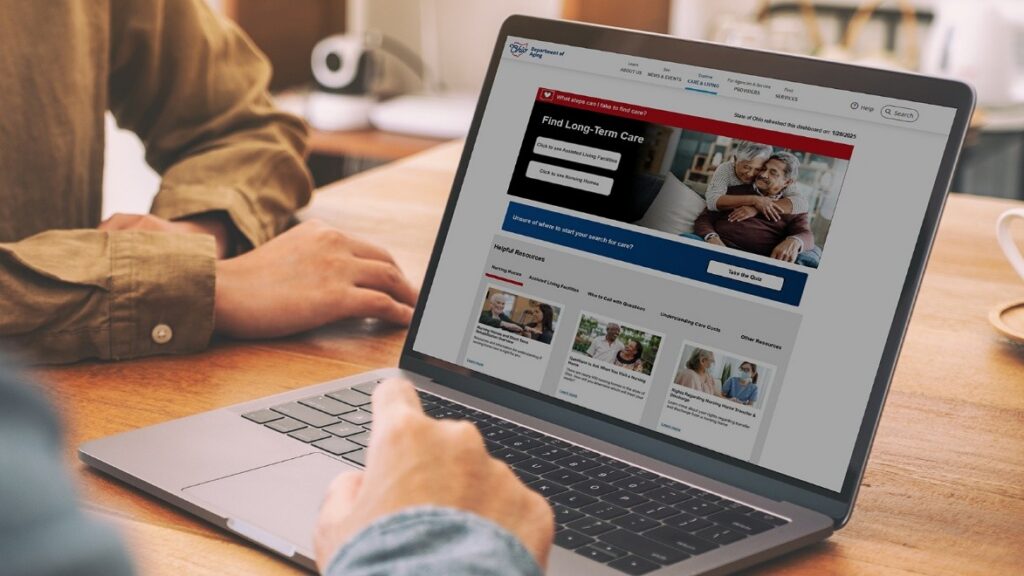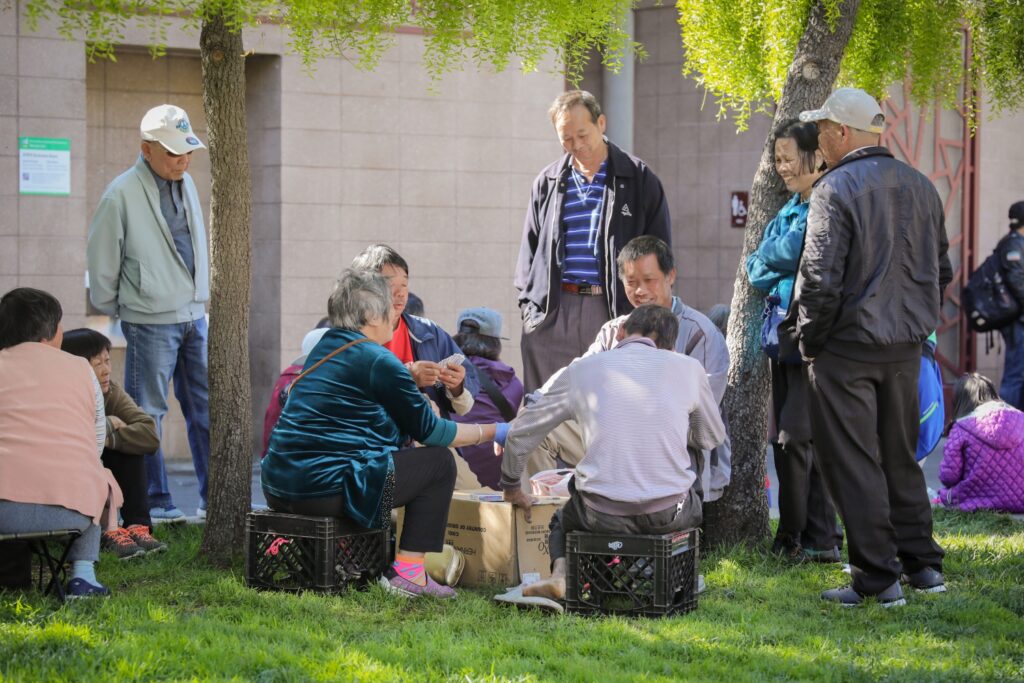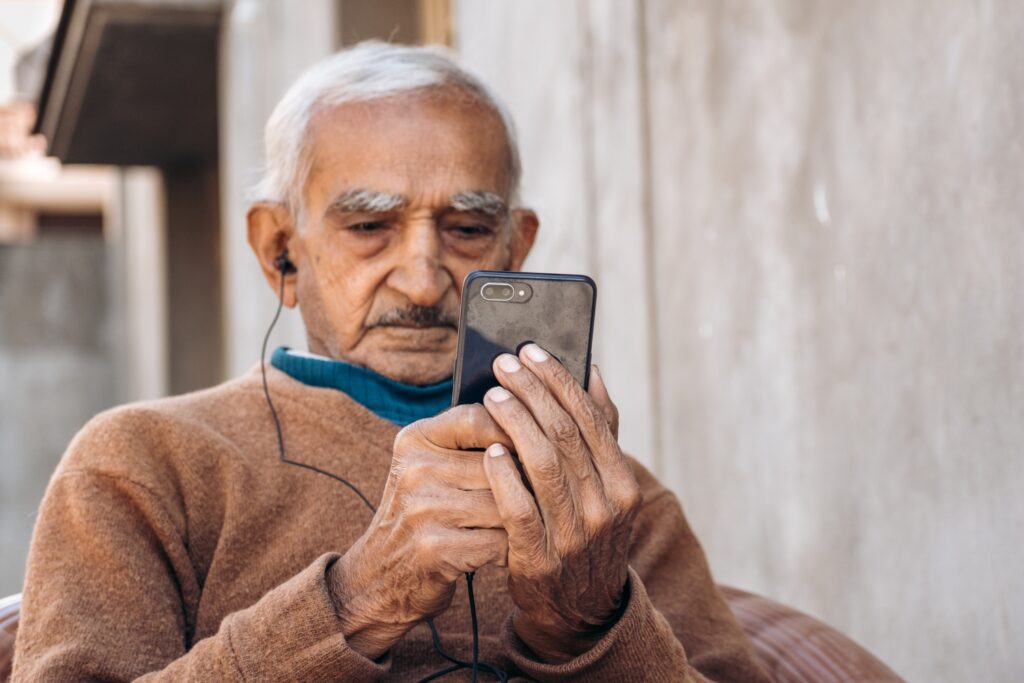Up to 13 million American adults ages 60 and older are living with a mild cognitive impairment. Older adults with MCI have a 10%-20% likelihood of developing Alzheimer’s disease or related dementia (ADRD) over a one-year period. The problem is not only that these figures are so high, but also that they exist in the context of healthcare hesitation.
Older people and their families often hesitate to discuss memory impairment with healthcare providers. Their reticence may be related to a fear of a diagnosable medical condition, such as ADRD, or a belief that their memory loss is a natural product of older age (see also Alzheimer’s Association, 2023). This healthcare hesitation extends to providers as well. A recent national survey revealed that nearly all primary care professionals (PCPs) reported a lack of initiative in addressing issues of MCI and ADRD; in other words, PCPs wait for patients or their family members to request assessment. Herein lies the crux of the Louisiana Geriatrics Workforce Enhancement Program, or LA-GWEP.
PCPs work on the frontlines of diagnosis and treatment. They are the sources in which families place their confidence and trust, even to the point of continuing with a practitioner who has treated older family members for decades. A University of Chicago study showed that a whopping 90% of older Americans place all faith in the healthcare system in their primary physicians. Yet a disconcerting pattern has emerged in recent decades: PCPs’ lack of ADRD-related confidence and expertise can trigger hesitation in discussing and diagnosing ADRD (see also, Bernstein et al., 2019). LA-GWEP aims to alleviate this issue via a multitiered, interdisciplinary approach to education and training, which has a singular focus: enhance ADRD-friendly practice in Louisiana primary care settings.
‘PCPs’ lack of ADRD-related confidence and expertise can trigger hesitation in discussing and diagnosing ADRD.’
With support from the Health Resources and Services Administration (HRSA), LA-GWEP seeks to improve dementia-related knowledge and skills among PCPs in south Louisiana, thus serving the needs of older Louisianans living with ADRD. LA-GWEP abides by the integrated health approach to primary care; namely, that integrated health addresses interrelated aspects of physical health, mental health, and social health and well-being. Allied with health and community service organization partners, LA-GWEP provides education and training to PCPs and students in medicine, nursing and social work. Examples of the ADRD training and curriculum topics are below:
- For all PCPs: Improving Communication with Persons Living with ADRD education seminars.
- For practicing physicians: Extension for Community Healthcare Outcomes (ECHO) monthly online sessions under the Age-Friendly Health Systems’ 4Ms umbrella: What Matters, Medication, Mobility and Mentation.
- For medical faculty: Center for Advanced Palliative Care (CAPC) modules for medical faculty within LA-GWEP’s medical partner, Ochsner Health System.
- For medical students: 7-module CAPC unit titled, Best Practices in Dementia Care and Caregiver Support; a curriculum requirement in the University of Queensland-Ochsner Health Medical Program.
- For nursing students (BSN): one module in the above CAPC unit that is especially germane to nursing care; a curriculum requirement within LA-GWEP’s nursing partner, Chamberlain University-New Orleans campus.
- For social work students (MSW): pre-recorded lectures on ADRD-friendly practice and social well-being concerns for older adults; given to LA-GWEP’s social work partner, Louisiana State University School of Social Work.
- For integrated health students: a multidisciplinary resident/student team (medicine, nursing, social work) provides bimonthly telehealth sessions to persons with ADRD and their caregivers, providing answers to health questions, referrals and social support; 100 sessions to date.
Thus far, LA-GWEP has directly reached 500 PCPs (including faculty) and 400 students in medicine, nursing and social work. A significant portion should take their newly obtained ADRD knowledge and skills to primary care settings. This expectation is rooted in the following numbers: In the United States, 40% of medical graduates enter primary care residency; 84% of nurse practitioner graduates are from primary care programs; 25% of employed social workers work in healthcare settings.
In the coming years, the LA-GWEP team intends to expand its reach to rural zones. Compared to their urban and suburban counterparts, rural residents often face longer travel to primary care services, inducing delays in healthcare utilization until symptoms become severe. In Louisiana, almost three-fourths of the population live in mostly rural, federally designated Primary Care Health Professional Shortage Areas. This combination of patient delay and primary care shortages places a high premium on ADRD-trained PCPs in rural parts of the Bayou State.
Healthcare hesitation is a serious concern. Too often, significant delays occur between MCI symptom onset and diagnosis in primary care. LA-GWEP targets this hesitation with multidisciplinary education and training for PCPs, students and their faculty. Our hope is that with enhanced understanding and skills, PCPs will take more initiative in addressing cognitive impairment and ADRD. By reducing this aspect of healthcare hesitation, older adults will benefit from timelier and more accurate diagnoses, thereby extending their quality of life.
Funding Disclaimer: This project is supported by the Health Resources and Services Administration (HRSA) of the U.S. Department of Health and Human Services (HHS) under grant number U1QHP33071, Louisiana Geriatrics Workforce Enhancement Program. This information or content and conclusions are those of the author and should not be construed as the official position or policy of, nor should any endorsements be inferred by, HRSA, HHS or the U.S. Government.
Scott E. Wilks, PhD, LMSW, is a professor at Louisiana State University (LSU), directs the LA-GWEP and LSU’s Healthy Aging Research Center. He may be contacted at swilks@lsu.edu.
Photo caption: An LA-GWEP engagement kit for patients with cognitive impairment to use while in the waiting rooms at Ochsner Health primary care settings in South Louisiana.
Photo credit: KJ Carstarphen, Ochsner Health












